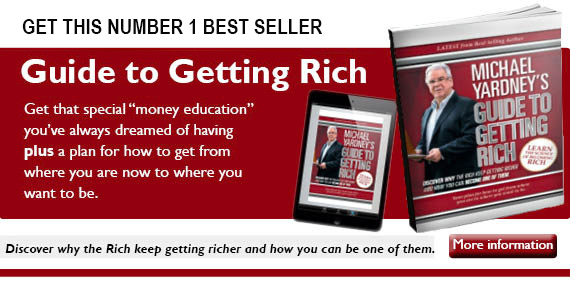
What if I told you that being selfish is a success trait? It might piss you off to hear a comment like that, right? But what if I reworded it and said something like this:
The path towards success requires the pursuit of dreams and goals that add value to the lives of other.
Now that doesn’t sound so bad, does it? It almost sounds selfless, instead of selfish, doesn’t it?
My research on the habits and traits of successful people is pretty clear. You need to be selfish in the pursuit of your dreams and goals. Pursuing your dreams and goals is a selfish act. It puts you first and others second because pursuing your dreams and goals comes at a cost – time spent with family and friends takes a back seat.
But here’s the rub. Your dreams and goals must in some way benefit others, otherwise you will fail in realizing them. No one will care about your dreams and goals if they benefit only you. But if your dreams and goals add value to the lives of others, they will happily reach into their pocketbook or wallet, whip out their ATM card and reward you for improving their lives.
You see, selfishness is hard-wired into every human being. It’s a biological imperative to be selfish. Survival demands selfishness.
Everyone you come into contact with is focused on one thing – themselves. The trick is to pursue dreams and goals that appeal to the selfishness genes that drive our very existence. Pursuing your dreams and goals is a selfish act by its very nature. But when those dreams and goals help improve the lives of others, your selfishness morphs into selflessness.
When you selfishly pursue dreams and goals that benefits humanity in some way, you have found the magic blue pill that not only changes your life for the better but also improves the lives of others. Being selfish is a good thing but only when that selfishness benefits society. Something to think about.













